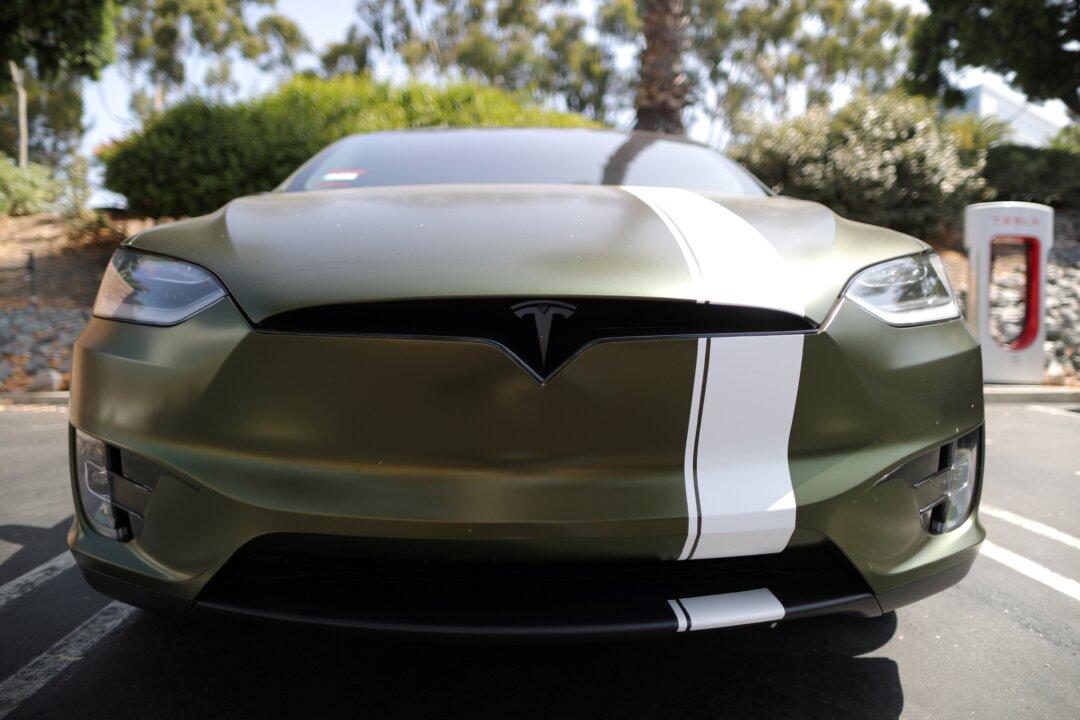A California judge has rejected Tesla’s request to dismiss a lawsuit brought against it by the state alleging the company overstated its claims of self-driving capabilities.
The state’s Department of Motor Vehicles (DMV) claims in its lawsuit the company made several statements that were “untrue or misleading” when advertising that its vehicles were “equipped” or “partially equipped” with autopilot and driver-assistance features, according to court filings.





